Top ERP Software for Business
List of 30 Best ERP Software
SAP Business ByDesign
Software by SAP
SAP Business ByDesign is a comprehensive ERP software tailored to cater to the needs of small and medium-sized enterprises (SMEs) and agencies. This versatile web-based ERP system offers a wide range of features and functionalities, all conveniently accessible through a web application interface. SAP Business ByDesign is your all-in-one solution, encompassing project management, performance measurement tools, Gantt charts, milestone tracking, and support for traditional methodologies, all within a single platform....
Oracle NetSuite ERP
ERP SOFTWARE
NetSuite, recognized as the leading cloud-based ERP solution, is a comprehensive business management platform that empowers over 29,000 organizations to enhance their operational effectiveness. By automating core processes and delivering real-time insights into operational and financial performance, NetSuite enables businesses to streamline their operations efficiently. As an all-in-one cloud business management solution, it offers a unified suite of tools that automate key tasks, allowing companies to optimize their workflows. Moreover, NetSuite provides businesses with valuable real-time visibility into their operational and financial performance, enabling them to make informed decisions and drive growth...
ERP Plus
Software by Arise Infosoft
Regarding ERP, you are correct. Enterprise Resource Planning (ERP) is a type of business management software that integrates various applications to help organizations manage and automate their business processes efficiently. It allows companies to collect, store, manage, and interpret data from different business activities, such as finance, human resources, manufacturing, sales, and more. The main goal of ERP is to improve overall productivity, streamline processes, and provide a centralized platform for data analysis and decision-making. Many companies adopt ERP systems to enhance their operational efficiency and gain a competitive edge in the marke...
Pretture
Smart, Easy & Affordable
Pretture emerges as a cutting-edge Software-as-a-Service (SaaS) solution meticulously crafted to cater exclusively to the intricate needs of Fashion & Lifestyle manufacturers and retailers. Seamlessly integrating a plethora of features, Pretture streamlines the entire operational ecosystem, revolutionizing the way orders are managed from inception to fulfillment, encompassing website linkage, production, raw materials, costing, inventory, and even point-of-sale (POS) functionalities...
EnterpriseIQ
Software by IQMS
EnterpriseIQ ERP Software is the optimal selection for manufacturers seeking dependable, real-time ERP software equipped with lean and agile capabilities tailored specifically for manufacturing processes. Whether you're a small-scale, single-plant manufacturer or a global manufacturing operation, the IQMS system offers a manufacturing-focused ERP software solution customized to meet your requirements....
Makor ERP
Software by Makor Solutions
Makor ERP is a complete ERP software solution created to cater to the needs of SMEs and agencies. Tailored for Windows compatibility, Makor ERP delivers comprehensive end-to-end solutions, including Financial Management, Inventory Management, Warehouse Management, Supply Chain Management, and Enterprise Asset Management, all consolidated within a single online ERP system....
Erpisto ERP & CRM Software
MARKETING CRM SOFTWARE FOR SMALL BUSINESSES
ERP (Enterprise Resource Planning) software is designed to integrate various aspects of a business, such as finance, supply chain, human resources, and customer relationship management, into a centralized system. CRM (Customer Relationship Management) software, on the other hand, focuses specifically on managing customer interactions and improving customer relationships....
MobileERP
MobileERP Software
"MobileERP365," which is described as a free ERP (Enterprise Resource Planning) system that operates on the cloud and offers chargeable services. ...
BLUE LINK ERP
Efficient retail food inventory management software
The BLUE LINK ERP system serves as an ideal solution tailored for wholesalers and distribution businesses, including sectors like pharmaceuticals and FMCG. It offers seamless integration of accounting, inventory management, contact management, and eCommerce functionalities with its ERP software. Serving as the backbone of SMEs (Small and Medium Enterprises), Blue link provides a robust platform to support and enhance their operations....
Absolute ERP
Cloud-Based ERP Software Services
Absolute ERP facilitates the enhancement of manufacturing processes for both large and small industries through automation. It offers versatile deployment options to customers, including SaaS, licensing, on-premises, and cloud-based solutions....
StrategicERP-Real Estate ERP
Best Cloud Construction Erp Software
StrategicERP is a business solution provider that focuses on catering to the needs of the real estate and infrastructure sectors. ...
RazorERP
Software by RazorERP
RazorERP stands as a comprehensive ERP software meticulously crafted to cater to the needs of both startups and enterprises. Developed for Windows compatibility, RazorERP offers holistic solutions encompassing Inventory Optimization, Kitting, Distribution Management, Purchase Order Management, and Multi-Channel Management, all conveniently integrated into a single online ERP system....
AcTouch.com
Best & Affordable Cloud Manufacturing ERP Software Designed for Manufacturing Companies
AcTouch.com appears to be a cloud-based ERP (Enterprise Resource Planning) system that claims to provide seamless access on any device from anywhere and at any time. It targets businesses with multiple employees and departments, as well as those with multiple branches....
PACT CRM
ERP Software
PACT ERP software enables companies of all sizes to run their business in a professionally organized manner. It automates and manages all key operations in a single, integrated system for the ease of use. The system takes control of financial management, inventory control, sales management, budgeting, and more....
Oracle Fusion Cloud ERP
Oracle Fusion Cloud ERP
"Oracle Fusion Cloud ERP." Oracle Fusion Cloud ERP is indeed a cloud-based enterprise resource planning (ERP) solution provided by Oracle. It is designed to cater to the needs of mid-sized to large enterprise-level customers with advanced capabilities....
rujulerp
Business Management Solution
RujulERP stands as an ingenious Business Management Software designed to revolutionize and streamline operations for retailers, wholesalers, and distributors in diverse industries, encompassing Tyre, Parts & Components, Workshop, Marble, and General Trading businesses. This cutting-edge platform leverages automation and empowerment to optimize various aspects of their day-to-day processes. With RujulERP, businesses can experience a seamless and efficient approach to managing their operations. By automating repetitive tasks and providing robust tools, the software empowers users to focus on strategic decision-making and growth initiatives. Whether you are in the Tyre, Parts & Components, Workshop, Marble, or General Trading sector, RujulERP caters to your specific needs, facilitating enhanced productivity and profitability. Key features of RujulERP include inventory management, sales and purchase tracking, order processing, financial management, customer relationship management,...
Aptean ERP
Software by Aptean
Aptean ERP Software stands as a prominent ERP solution provider for various types of businesses, catering to critical enterprise needs. With its robust and comprehensive ERP model, it effectively addresses a wide range of requirements. Aptean ERP is trusted by over 6,500 organizations, delivering enhanced operational efficiency....
CirroLogix
Software by Cirrologix Technologies Pvt Ltd
SAP Business One is a comprehensive and advanced solution designed to automate business processes and provide a precise and unified view of critical, real-time business information within an organization....


What is ERP Software?
ERP (Enterprise Resource Planning) software is a comprehensive business management solution that integrates various core business processes and functions into a unified system. It provides a centralized database and a suite of applications to streamline and automate processes across departments such as finance, human resources, supply chain, manufacturing, sales, and customer relationship management.
The primary goal of ERP software is to enable efficient communication and collaboration among different departments, ensuring data consistency and accuracy throughout the organization. By consolidating and integrating data from various functions, ERP systems provide real-time visibility into business operations, enabling informed decision-making and improved overall productivity.
What are the Benefits of ERP Software?
ERP (Enterprise Resource Planning) software provides numerous benefits to organizations across various industries. Here are some key benefits of implementing ERP software:
Streamlined Operations: ERP software integrates and centralizes data from different departments and business functions into a single, unified system. This streamlines operations, improves communication, and eliminates data silos, leading to increased efficiency and productivity.
Improved Data Accuracy: With ERP software, data is entered and stored in a consistent and standardized manner. This reduces errors caused by manual data entry and ensures data accuracy across the organization. It enables reliable reporting, forecasting, and decision-making based on real-time and accurate information.
Enhanced Collaboration and Communication: ERP systems promote collaboration and communication among employees by providing a centralized platform for sharing data, documents, and information. It allows teams to work together more efficiently, share insights, and access real-time data, leading to better decision-making and improved customer service.
Effective Resource Management: ERP software helps organizations effectively manage their resources, including inventory, materials, equipment, and human resources. It enables optimized planning, forecasting, and scheduling of resources, reducing waste, minimizing stockouts, and improving overall resource utilization.
Improved Customer Relationship Management (CRM): ERP systems often include CRM modules or integrate with standalone CRM software. This enables organizations to manage customer data, track interactions, and provide better customer service. It allows for a holistic view of customer interactions, sales opportunities, and order history, leading to enhanced customer satisfaction and loyalty.
Efficient Financial Management: ERP software includes robust financial management modules that automate financial processes such as accounting, invoicing, budgeting, and financial reporting. It ensures accurate financial data, facilitates compliance with regulations, and provides insights into the organization's financial health.
Enhanced Supply Chain Management: ERP systems help organizations optimize their supply chain processes, including procurement, inventory management, and order fulfillment. It enables better demand planning, inventory tracking, and supplier management, reducing costs, minimizing stockouts, and improving customer satisfaction.
Scalability and Flexibility: ERP software is designed to scale with the growth of the organization. It can accommodate increased data volumes, users, and business complexity. ERP systems also offer flexibility to adapt to changing business needs and industry requirements, allowing organizations to stay agile and competitive.
Data Security and Compliance: ERP software provides robust security features to protect sensitive business data. It ensures access controls, data encryption, and regular backups to safeguard against data breaches and loss. ERP systems also support compliance with industry regulations and financial reporting standards.
- Business Insights and Reporting: ERP software generates comprehensive reports and analytics, providing valuable insights into various aspects of the business. It helps in identifying trends, analyzing performance, and making data-driven decisions to drive business growth and profitability.
These benefits make ERP software a valuable tool for organizations seeking to improve efficiency, productivity, and overall operational effectiveness. However, it's important to choose and implement the right ERP solution that aligns with the specific needs and goals of the organization.
What are The Features of ERP Software?
ERP (Enterprise Resource Planning) software typically offers a wide range of features to support various aspects of business operations. While the specific features can vary across different ERP systems, here are some common features found in ERP software:
Integrated Modules: ERP software integrates multiple modules or applications that cover various functional areas of an organization, such as finance, human resources, supply chain management, inventory management, customer relationship management (CRM), manufacturing, sales, and more. This integration enables seamless data flow and collaboration across departments.
Centralized Database: ERP systems maintain a centralized and unified database that serves as a single source of truth for all business data. This allows for easy access, retrieval, and sharing of information across different functions and departments.
Financial Management: ERP software includes modules for financial management, such as general ledger, accounts payable, accounts receivable, budgeting, fixed assets, and financial reporting. It enables organizations to manage financial transactions, track expenses, generate financial statements, and comply with accounting standards.
Human Resources Management: ERP systems often include HR modules for managing employee information, payroll, benefits administration, recruitment, onboarding, performance management, and training. It helps streamline HR processes, track employee data, and ensure compliance with labor regulations.
Supply Chain Management: ERP software provides features for supply chain management, including procurement, inventory management, demand planning, order management, and supplier management. It helps optimize the supply chain, manage inventory levels, track orders, and streamline procurement processes.
Manufacturing and Production Management: ERP systems offer modules for managing manufacturing and production processes, including bill of materials (BOM), work order management, production scheduling, quality control, and shop floor control. It helps organizations plan and execute manufacturing operations efficiently.
Sales and Customer Relationship Management (CRM): ERP software may include CRM functionality to manage customer data, track sales opportunities, automate marketing campaigns, and improve customer service. It enables organizations to streamline sales processes, manage customer interactions, and enhance customer satisfaction.
Reporting and Analytics: ERP systems provide reporting and analytics capabilities to generate meaningful insights from business data. Users can create customized reports, dashboards, and visualizations to monitor key performance indicators (KPIs), track business metrics, and make data-driven decisions.
Mobile Accessibility: Many ERP software solutions offer mobile applications or web-based access, allowing users to access and perform ERP functions on mobile devices. This enables remote access, enhances user productivity, and facilitates real-time decision-making.
Workflow Automation: ERP systems automate routine and manual tasks by defining workflows and implementing business rules. It streamlines processes, improves efficiency, and reduces errors.
Collaboration and Communication: ERP software promotes collaboration and communication among employees by providing features such as document management, project management, shared calendars, and messaging tools. It enables teams to work together efficiently and share information within the system.
Security and Access Controls: ERP software incorporates security measures to protect sensitive business data. It includes user access controls, data encryption, audit trails, and backup and recovery mechanisms to ensure data security and compliance.
These features enable organizations to streamline their operations, improve efficiency, enhance decision-making, and achieve better visibility into their business processes. However, it's important to evaluate specific ERP solutions to determine which features align best with the organization's needs and goals.


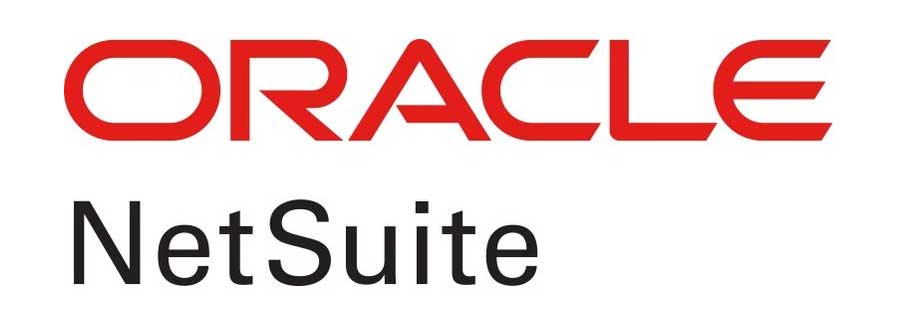
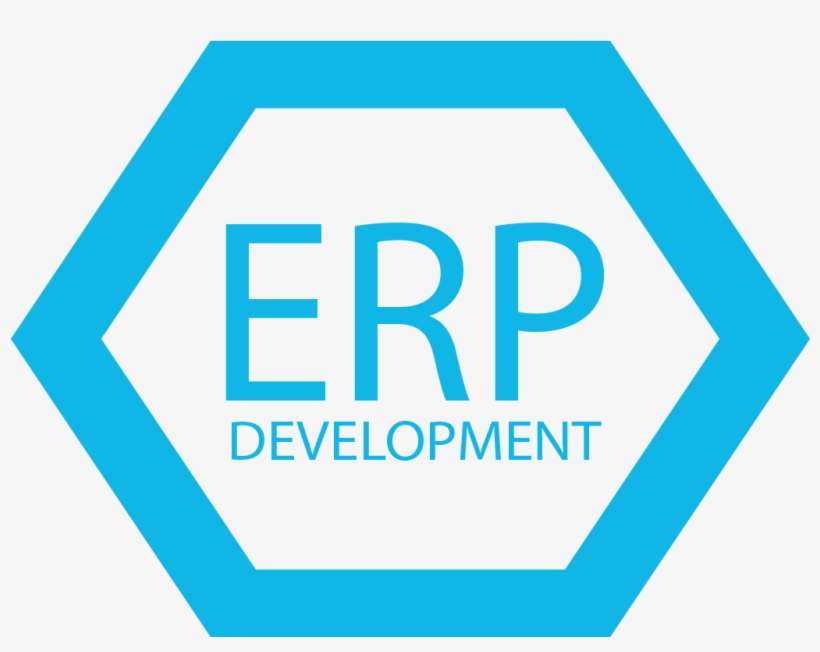

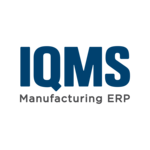
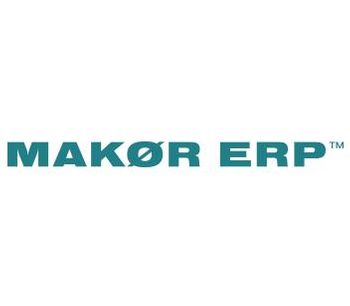
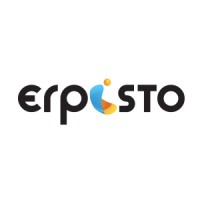
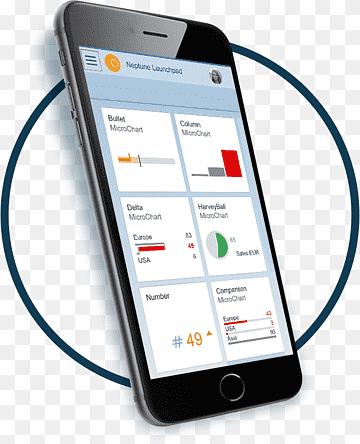
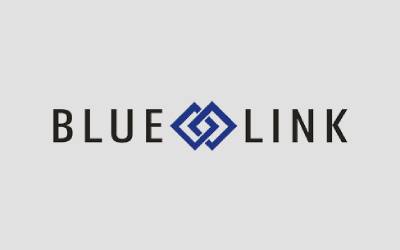
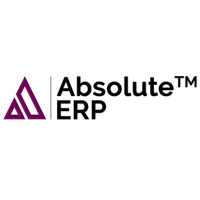
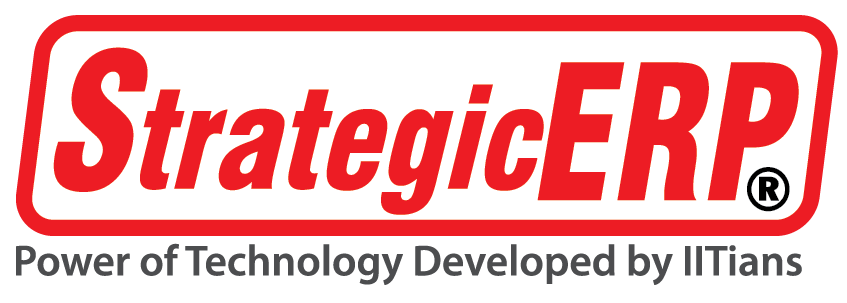
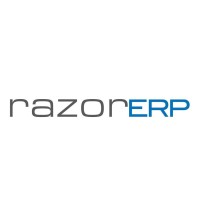


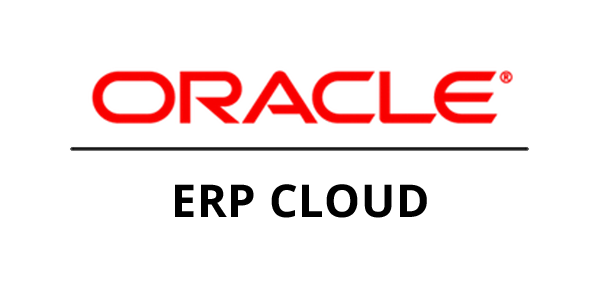
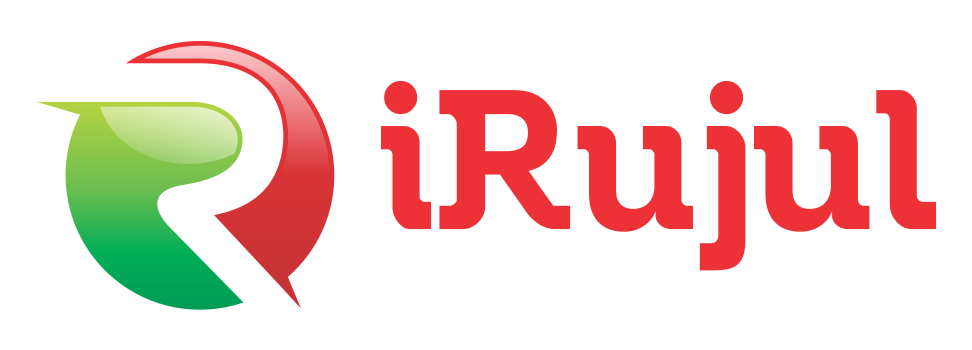
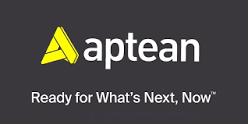
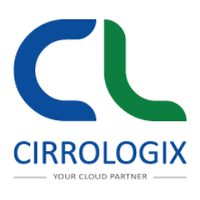
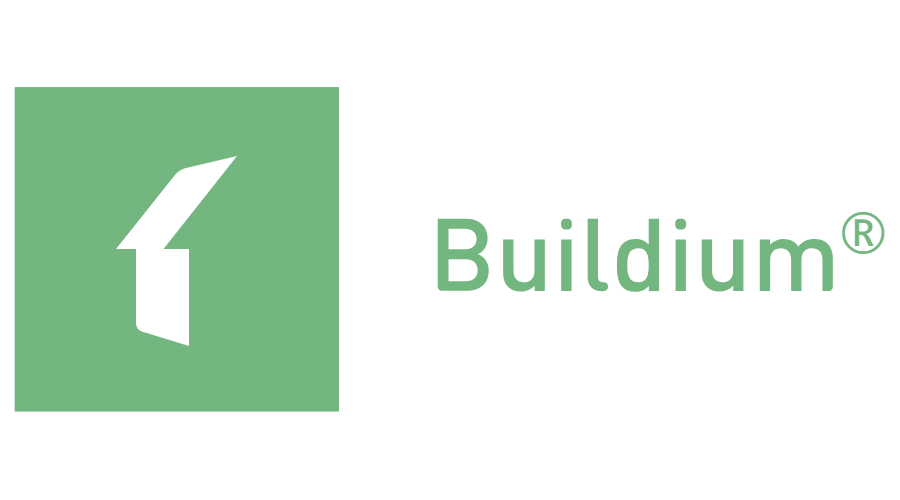
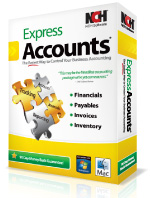
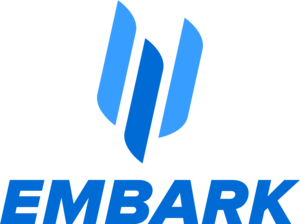
.png)